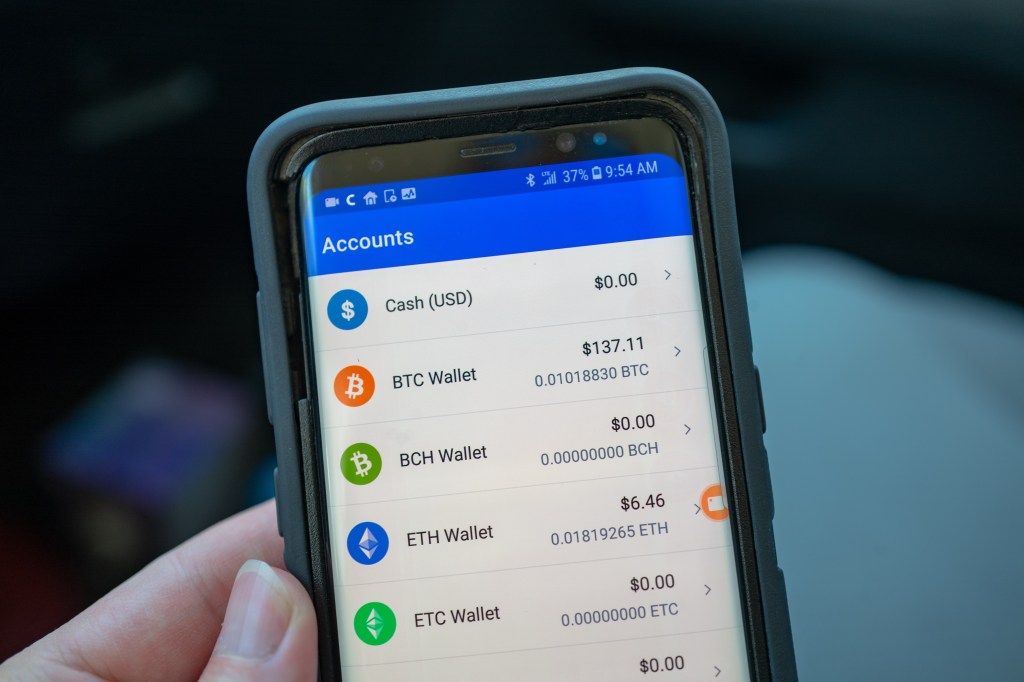On Tuesday, the US Federal Reserve said it is launching a new supervisory program to oversee activities of the banks it supervises related to cryptocurrency, distributed ledger or blockchain technology, and tech-oriented partnerships with nonbanks. The Fed says its goal is to complement its existing supervisory processes and strengthen the oversight of tech-driven activities.
The Fed further said in a supervisory letter that state banks that are members of the Federal Reserve system should obtain a written supervisory nonobjection from the central bank before issuing, holding, or transacting in dollar tokens used to facilitate payments, such as stablecoins.
Risk management
For banks to receive a written nonobjection and be able to engage with stablecoins, they should demonstrate appropriate risk management, including having systems in place to identify and monitor any potential risks, including cybersecurity and illicit finance threats, according to the Fed.
After receiving a written nonobjection, state member banks engaging in dollar token-related activities will continue to be subject to supervisory review as well as heightened monitoring of those activities.
Stablecoin’s regulatory landscape
The Fed’s announcement was sent to supervisory and examination staff at Federal Reserve banks and state member banks and arrives on the scene after regulatory agencies showed some opposition to major companies launching them. Examples include Meta (then known just as Facebook) when it tried to launch a stablecoin called Libra in 2019.
Companies have persevered in wanting to offer such cryptocurrency, though.
Well-known payments business PayPal said on Monday that it just launched a US-dollar-pegged stablecoin, becoming the first major financial technology firm to embrace digital currencies for payments and transfers. PayPal’s stablecoin is an Ethereum-based token that will also be useable on Venmo, which is owned by PayPal.
“A clear signal that stablecoins hold promise as a pillar of our 21st century payments system.”
US House Representative Patrick McHenry (R-NC)
In a statement on Monday, Representative Patrick McHenry (R-NC), the US House Financial Services Committee’s Republican chair, said that PayPal’s announcement is “a clear signal that stablecoins – if issued under a clear regulatory framework – hold promise as a pillar of our 21st century payments system.”
On the flip side, Representative Maxine Waters (D-CA) said in a statement released on August 9 that “[g]iven PayPal’s size and reach, Federal oversight and enforcement of its stablecoin operations is essential to guarantee consumer protections and alleviate financial stability concerns”.
Those federal guardrails might be coming into fruition now.
There is the Federal Reserve’s new supervisory program, as noted above, and last month, the US House Financial Services Committee advanced a bill to establish a federal regulatory framework for stablecoins, which will focus on rules for the registration and an approval process for such coin’s issuers.
Market landscape
The stablecoin market is expected to grow to $2.8t in the next five years, up from $125b now, well-known brokerage firm Bernstein said in a research report on Wednesday.
Integration with consumer platforms will lead to a “growth flywheel” for stablecoins, the repost said, allowing issuers to capture users and expand distribution beyond crypto native platforms.













